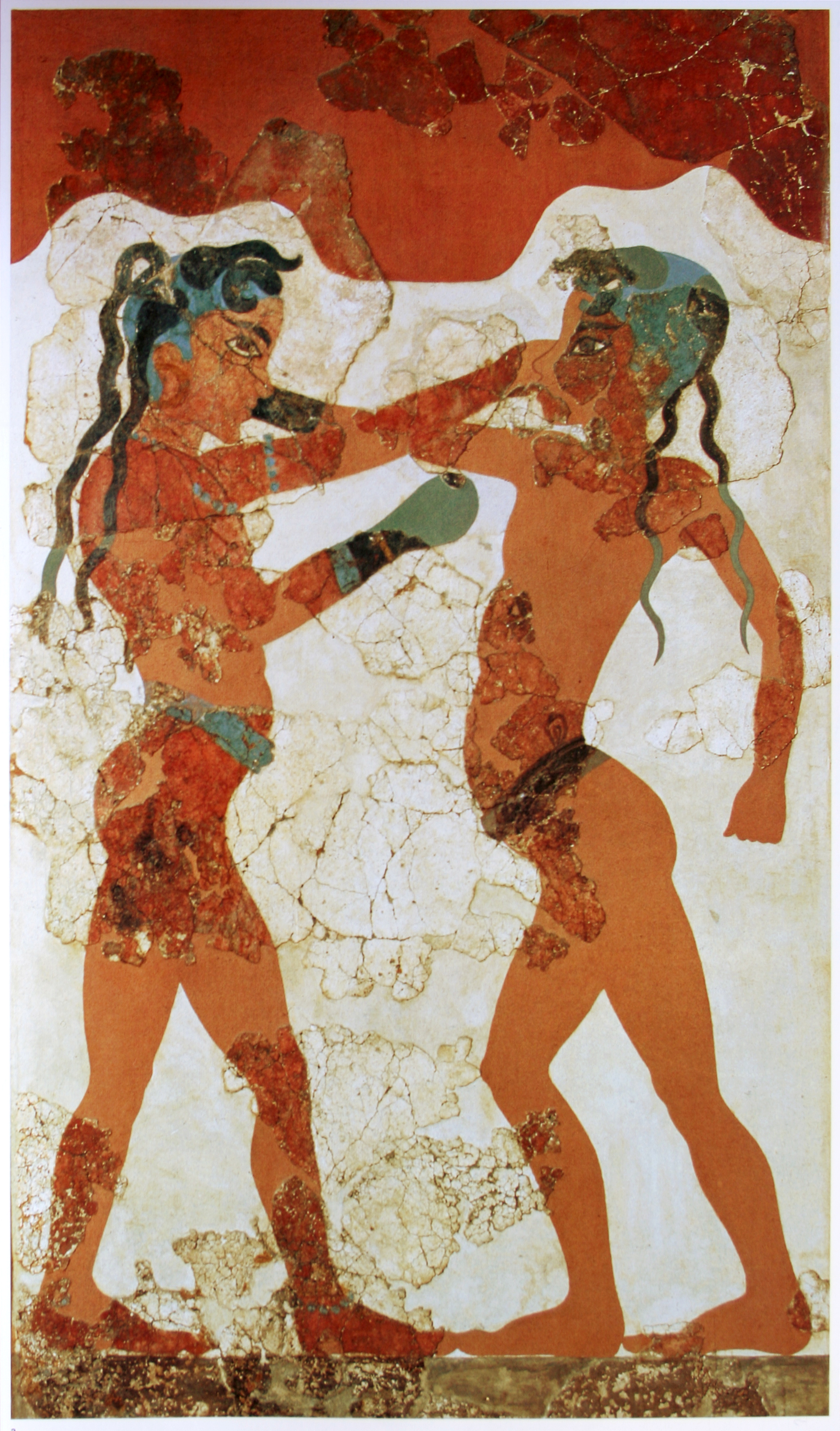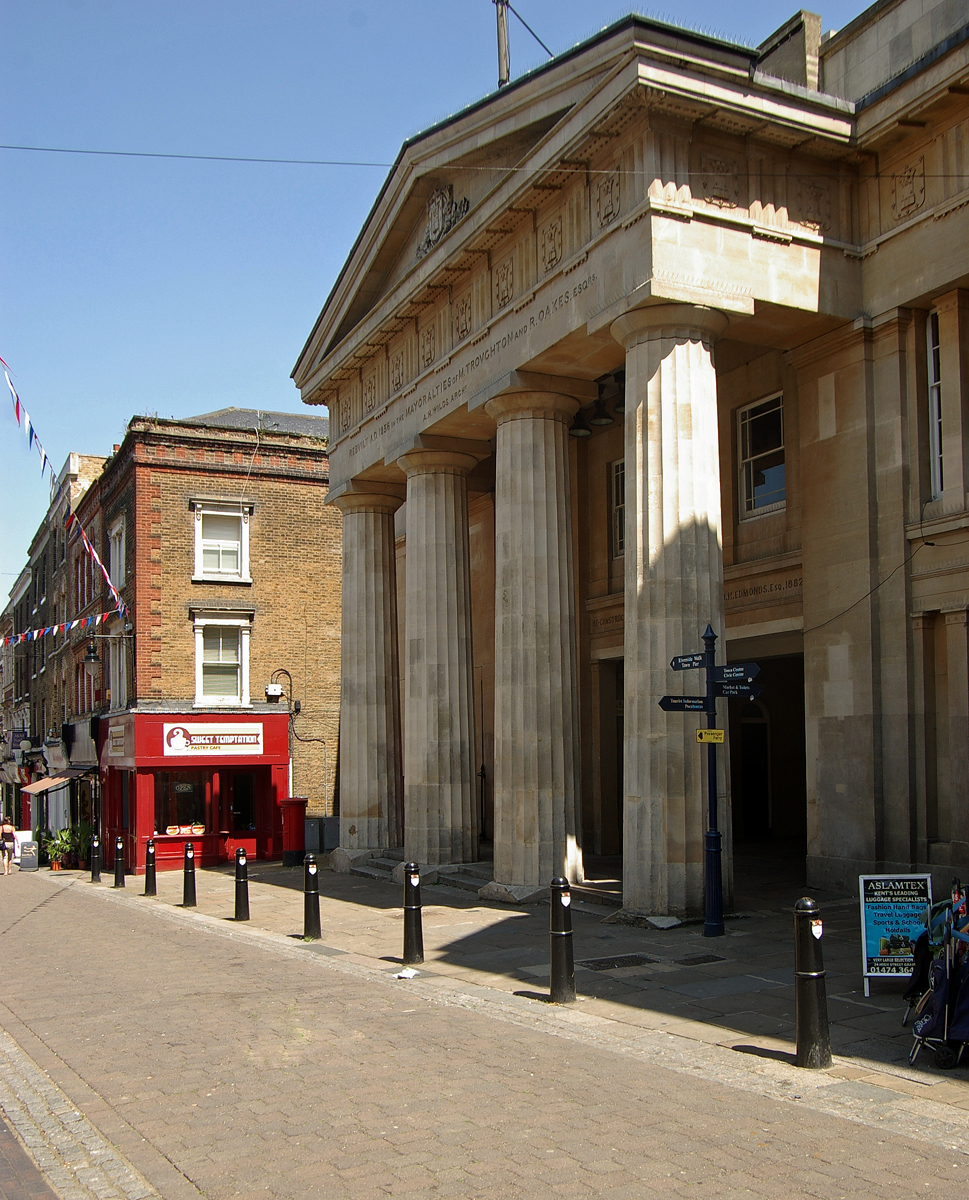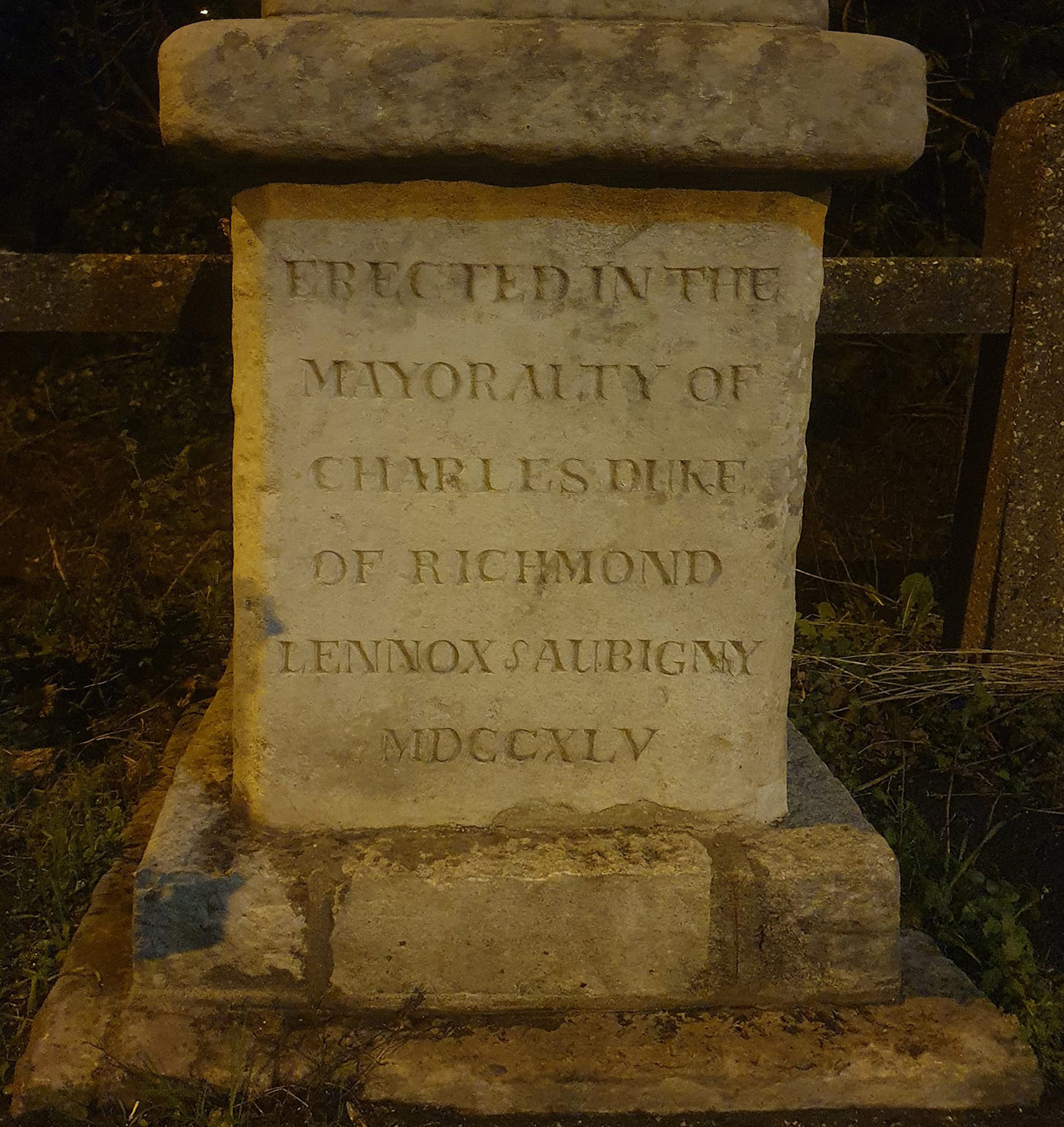|
1726 To 1775 In Sports
Events in world sport through the years 1726 to 1730. Boxing Events * – Jack Broughton begins fighting professional boxing matches in London venues. He defeated several opponents from 1726 to 1732 and became one of the favorites of James Figg. * 6 June 1727 – James Figg and Gravesend pipe-maker Ned Sutton fight a much-publicised match attended by more than 1,000 spectators. * May 1730 – James Figg and Ned Sutton fought in two exhibition bouts. Cricket Events * 1727 — Charles Lennox, 2nd Duke of Richmond was involved in the creation of Articles of Agreement to establish the rules under which two matches were played, the first time that a set of rules is known to have been put in writing.McCann, pp. 6–7. * 1728 — the earliest known instance of a county team (i.e., Kent) being acclaimed for its superiority over its rivals suggests the origin of the unofficial Champion County title. * 1729 — the earliest known innings victory was achieved and 1729 is th ... [...More Info...] [...Related Items...] OR: [Wikipedia] [Google] [Baidu] |
1601 To 1700 In Sports
Sports became increasingly popular in England and Ireland through the 17th century and there are several references to cricket and horse racing, while bare-knuckle boxing was revived. The interest of gamblers in these sports gave rise to professionalism. The first known attempts to organise football took place in Ireland. Boxing Events * 6 January 1681 – The Duke of Albemarle arranges the first recorded boxing match in modern history, fought between his footman and a butcher. Chess * Having been firmly established in Spain and Italy during the 15th and 16th centuries, chess becomes increasingly fashionable in France which, by the end of the 17th century, is the main centre of the game in Europe. * 1681 – Opening of the Café de la Régence in Paris, originally as the Café de la Place du Palais-Royal as it is near the Palais-Royal. It becomes the "Mecca of French chess" in the 18th century. Cotswold Games * Robert Dover's Olimpick Games are held in the Cotswol ... [...More Info...] [...Related Items...] OR: [Wikipedia] [Google] [Baidu] |
1701 To 1725 In Sports
The beginning of the 18th century saw sport acquire increasing importance in the lives of people in England and Ireland. Professionalism was by then established in the major gambling sports of bare-knuckle boxing, cricket and horse racing. Bandy Events * A game that is recognisable as modern bandy was played in Russia by the early 18th century, although the rules in use differed from those devised in England in the 1880s. In Russia, bandy is known as "hockey with a ball" or simply "Russian hockey". The game became popular among the nobility with the royal court of Peter I the Great playing bandy on Saint Petersburg's frozen Neva river. Russians played bandy with sticks made out of juniper wood, later adopting skates. Boxing Events * 1710 – While attending a boxing match in London, Zacharias Conrad von Uffenbach encounters a woman who claims to have fought a public women's boxing match . Uffenbach's account is one of the earliest known references to women's boxing. * 1 ... [...More Info...] [...Related Items...] OR: [Wikipedia] [Google] [Baidu] |
1731 To 1735 In Sports
Events in world sport through the years 1731 to 1735. Boxing Events * 6 May 1733 – James Figg and Jack Broughton fought in a six-round exhibition match. * 1734 – Pipes was defeated twice by Jack Broughton (the "Father of Boxing"), but it is unclear if these were championship fights. Apparently, Broughton did not claim the title at that time. * 1734 – George Taylor, another of Figg's students, defeated Bill Gretting in London. * 1734 – Broughton defeated Bill Gretting twice, but it is unclear if it was a championship fight. * 8 December 1734 – James Figg dies. His student George Taylor takes over his amphitheatre. * 10 December 1734 – Taylor claimed the Championship of England title. He also built his own amphitheatre where he trained boxers and fought there on occasion. Cricket Events * Cricket became the first sport to enclose its venues and charge for admission. Ground enclosure is first recorded in 1731 when the playing area on Kenningto ... [...More Info...] [...Related Items...] OR: [Wikipedia] [Google] [Baidu] |
1736 To 1740 In Sports
Events in world sport through the years 1736 to 1740. Boxing Events * 1736 — Broughton defeated Bill Gretting, but it is unclear if it was a championship fight. * 1736 — Broughton defeated Taylor after 20 minutes in London. Broughton claimed the English title and held it until 1750. * 1737 — Broughton defeated John Smith ("Buckhorse") in London to retain the title. * 1738 — Broughton defeated Prince Boswell in London to retain the title. * 1739 — Broughton defeated Will Willis in London to retain the title. * 1740 — Broughton defeated Sailor Field in London to retain the title. Horse racing Events * 1740 — Parliament introduced an Act "to restrain and to prevent the excessive increase in horse racing", though it was largely ignored. References Sources * * * * 1736 Events January–March * January 12 – George Hamilton, 1st Earl of Orkney, becomes the first Field Marshal of Great Britain. * January 23 – The Civil Code of 1734 is pas ... [...More Info...] [...Related Items...] OR: [Wikipedia] [Google] [Baidu] |
Boxing
Boxing (also known as "Western boxing" or "pugilism") is a combat sport in which two people, usually wearing protective gloves and other protective equipment such as hand wraps and mouthguards, throw punches at each other for a predetermined amount of time in a boxing ring. Although the term "boxing" is commonly attributed to "western boxing", in which only the fists are involved, boxing has developed in various ways in different geographical areas and cultures. In global terms, boxing is a set of combat sports focused on striking, in which two opponents face each other in a fight using at least their fists, and possibly involving other actions such as kicks, elbow strikes, Knee (strike), knee strikes, and headbutts, depending on the rules. Some of the forms of the modern sport are western boxing, Bare-knuckle boxing, bare knuckle boxing, kickboxing, Muay Thai, muay-thai, lethwei, savate, and Sanda (sport), sanda. Boxing techniques have been incorporated into many martial ar ... [...More Info...] [...Related Items...] OR: [Wikipedia] [Google] [Baidu] |
Jack Broughton
John "Jack" Broughton (c. 1703 – 8 January 1789) was an English bare-knuckle boxer. He was the first person to codify a set of rules to be used in such contests; prior to this the "rules" that existed were very loosely defined and tended to vary from contest to contest. His seven rules of how boxing would be conducted at his amphitheatre were widely used in boxing for nearly century, until they were replaced by the London Prize Ring rules in 1838. Early life Little is certain about John Broughton's early life. He was born to unknown parents, possibly in London, though one early-20th-century history of boxing claims that he was a farmer's son from Baunton, Gloucestershire. Apprentice records show that Broughton was apprenticed to a Thames waterman in May 1723. On 1 August 1730, Broughton won the annual Doggett's Coat and Badge rowing race among watermen who had completed their apprenticeship within the previous year. At the time, he was noted as working on the shore near Hu ... [...More Info...] [...Related Items...] OR: [Wikipedia] [Google] [Baidu] |
James Figg
James Figg (before 1700 – 8 December 1734; also spelt James Fig) was an English prizefighter and instructor in historical European martial arts. While Figg primarily fought with weapons including short swords, quarterstaffs, and cudgels, he also played an important role in boxing's development. In 1719, he opened a London fighting venue that could seat more than 1,000 spectators and was one of the first of its kind. In 1725, he organized and promoted modern history's first international boxing match at his amphitheatre. He claimed to have won more than 200 matches during his career, and was posthumously considered to be the first boxing champion. Little is known about Figg's early life, except that he came to London from Thame, Oxfordshire. In London, Figg gained a reputation as a skilled fighter and set up a business training students in combat with weapons and fists. He promoted fights with both male and female combatants at his venue as well as bouts of animal blood sport. ... [...More Info...] [...Related Items...] OR: [Wikipedia] [Google] [Baidu] |
Gravesend, Kent
Gravesend is a town in northwest Kent, England, situated 21 miles (35 km) east-southeast of Charing Cross (central London) on the south bank of the River Thames and opposite Tilbury in Essex. Located in the diocese of Rochester, it is the administrative centre of the Borough of Gravesham. Its geographical situation has given Gravesend strategic importance throughout the maritime and communications history of South East England. A Thames Gateway commuter town, it retains strong links with the River Thames, not least through the Port of London Authority Pilot Station and has witnessed rejuvenation since the advent of High Speed 1 rail services via Gravesend railway station. The station was recently refurbished and now has a new bridge. Toponymy Recorded as Gravesham in the Domesday Book of 1086 when it belonged to Odo, Earl of Kent and Bishop of Bayeux, the half-brother of William the Conqueror, its name probably derives from ''graaf-ham'': the home of the reeve or ... [...More Info...] [...Related Items...] OR: [Wikipedia] [Google] [Baidu] |
Cricket
Cricket is a bat-and-ball game played between two teams of eleven players on a field at the centre of which is a pitch with a wicket at each end, each comprising two bails balanced on three stumps. The batting side scores runs by striking the ball bowled at one of the wickets with the bat and then running between the wickets, while the bowling and fielding side tries to prevent this (by preventing the ball from leaving the field, and getting the ball to either wicket) and dismiss each batter (so they are "out"). Means of dismissal include being bowled, when the ball hits the stumps and dislodges the bails, and by the fielding side either catching the ball after it is hit by the bat, but before it hits the ground, or hitting a wicket with the ball before a batter can cross the crease in front of the wicket. When ten batters have been dismissed, the innings ends and the teams swap roles. The game is adjudicated by two umpires, aided by a third umpire and match referee ... [...More Info...] [...Related Items...] OR: [Wikipedia] [Google] [Baidu] |
Oldest Cricket Bat
Old or OLD may refer to: Places *Old, Baranya, Hungary *Old, Northamptonshire, England *Old Street station, a railway and tube station in London (station code OLD) *OLD, IATA code for Old Town Municipal Airport and Seaplane Base, Old Town, Maine, United States People *Old (surname) Music *OLD (band), a grindcore/industrial metal group * ''Old'' (Danny Brown album), a 2013 album by Danny Brown * ''Old'' (Starflyer 59 album), a 2003 album by Starflyer 59 * "Old" (song), a 1995 song by Machine Head *''Old LP'', a 2019 album by That Dog Other uses * ''Old'' (film), a 2021 American thriller film *''Oxford Latin Dictionary'' *Online dating *Over-Locknut Distance (or Dimension), a measurement of a bicycle wheel and frame *Old age See also *List of people known as the Old * * *Olde, a list of people with the surname *Olds (other) Olds may refer to: People * The olds, a jocular and irreverent online nickname for older adults * Bert Olds (1891–1953), Australian rules ... [...More Info...] [...Related Items...] OR: [Wikipedia] [Google] [Baidu] |
Charles Lennox, 2nd Duke Of Richmond
Charles Lennox, 2nd Duke of Richmond, 2nd Duke of Lennox, 2nd Duke of Aubigny, (18 May 17018 August 1750) of Goodwood House near Chichester in Sussex, was a British nobleman and politician. He was the son of Charles Lennox, 1st Duke of Richmond, 1st Duke of Lennox, the youngest of the seven illegitimate sons of King Charles II. He was the most important of the early patrons of the game of cricket and did much to help its evolution from village cricket to first-class cricket. Early life Lennox was styled Earl of March from his birth in 1701 as heir to his father's dukedom. He also inherited his father's love of sports, particularly cricket. He had a serious accident at the age of 12 when he was thrown from a horse during a hunt, but he recovered and it did not deter him from horsemanship. March entered into an arranged marriage in December 1719 when he was still only 18 and his bride, Hon. Sarah Cadogan, was just 13, in order to use Sarah's large dowry to pay his considera ... [...More Info...] [...Related Items...] OR: [Wikipedia] [Google] [Baidu] |
Articles Of Agreement (cricket)
References to English cricket matches in the 1727 season between the 2nd Duke of Richmond and Mr Alan Brodrick mention that they drew up Articles of Agreement between them to determine the rules that must apply in their contests. This may be the first time that rules were formally agreed, although rules as such definitely existed. In early times, the rules would be agreed orally and subject to local variations. The Articles Articles of Agreement by and between his Grace the Duke of Richmond & Mr. Brodrick for two Cricket Matches concluded the Eleventh of July 1727: * Imprimis 'Tis by the aforesaid Parties agreed that the first Match shall be played some day of this Instant July in the county of Surry (''sic''); the Place to be named by Mr Brodrick; the second match to be played in August next in the County of Sussex, the Place to be named by the Duke of Richmond. * 2d: That the wickets shall be pitched in a fair & even place, at twenty three yards distance from each other. ... [...More Info...] [...Related Items...] OR: [Wikipedia] [Google] [Baidu] |





